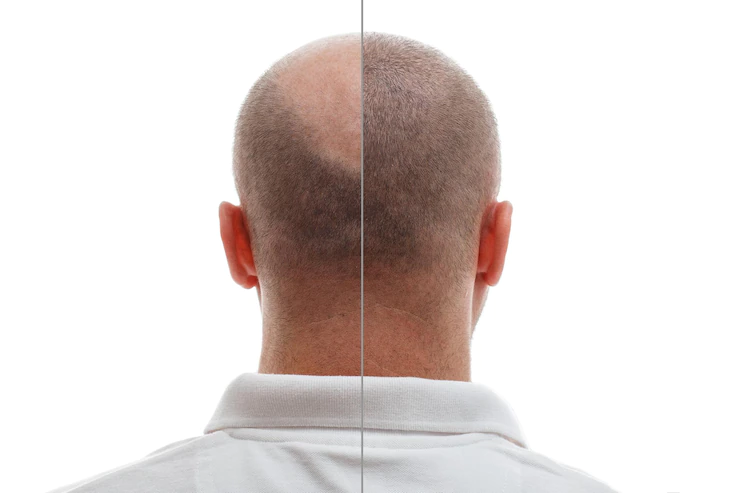We can suffer from hair loss as we grow old, and it can happen if we go through a stressful time in our lives. The change in our appearance can lead to us feeling self-conscious and can have a detrimental effect on our mental health.
Thankfully, there are ways of promoting hair growth being developed every day, so you can restore your locks to their former glory. A hair transplant in Turkey could be advantageous and making changes to your lifestyle and diet can have a positive result. Read on to find out more about hair loss, and how melatonin could be the answer.
Common Causes Of Hair Loss

Hair loss is not uncommon for both men and women, and it can happen throughout our lifetimes – generally, for men, it happens after puberty. Pattern baldness is caused by both genetics and hormones and often leads to total hair loss in males, but it can also be an issue for females too, with thinning hair being the main indicator.
There are other causes of hair loss like alopecia, an autoimmune condition that attacks the hair follicles not just on the head, but everywhere from eyebrows to eyelashes. Those of us that have suffered a stressful or traumatic period, like childbirth, surgery, or injury may also suffer from hair loss, but this tends to grow back as normal after time has passed.
Usually, hair loss is nothing to worry about and is simply a part of growing older – however, if you are having other symptoms along with your hair loss, you should seek advice from a medical professional.
Who Can Suffer Hair Loss?
Anyone can suffer from hair loss throughout their lives! A lot of us associate thinning of the hair with older men, however, male pattern baldness can happen as soon as a man has been through puberty. And as we mentioned above, even females can be affected by pattern baldness.
Alopecia can happen at any time during our lives, as can hair loss that happens due to trauma. We lose hair every day, but when it becomes an issue, it can affect our self-esteem. Below, we’ll look at some of the known treatments that can help with hair loss, including some breakthroughs!
Hair Loss Treatments

If you suffer from hair loss due to genetics or aging, unfortunately, it cannot be prevented. However, there are treatments that you could implement into your routine that could help to slow down the process.
You can buy medicated shampoo over the counter that can be applied directly to the scalp to promote hair growth. You could also talk to a specialist about a hair transplant – this is a more permanent solution, and with pain-free procedures, you can benefit from a natural-looking hairline.
You could also make a few changes to your lifestyle, for example, quitting smoking, eating plenty of nutritious food, and reducing your stress levels. Below, we’re going to look at a relatively new breakthrough that could help restore your confidence.
What Is Melatonin?
You may have heard of melatonin in terms of sleep. This is because it helps us to regulate our sleeping patterns and helps our body clock establish when we’re ready to wake up. It also helps with other systems around the body – it can boost the immune system, treat inflammation, and protect the cardiovascular system.
It has been said that melatonin used topically on the scalp can help slow down the process of hair loss. So how does it work?
How Can Melatonin Aid Hair Loss?

It is said that melatonin works in two ways, it can protect the hair follicles as it is an antioxidant meaning that it can fight oxidative stress (pollution, UV rays, smoke). And applying it directly to the scalp can extend the growth phase within the follicles.
Melatonin can also stimulate hair cell growth. This causes a decrease in hair loss and an enhancement in hair density. Applying melatonin topically to the scalp once a day could mean an increase in re-growth.
Read Also:






















